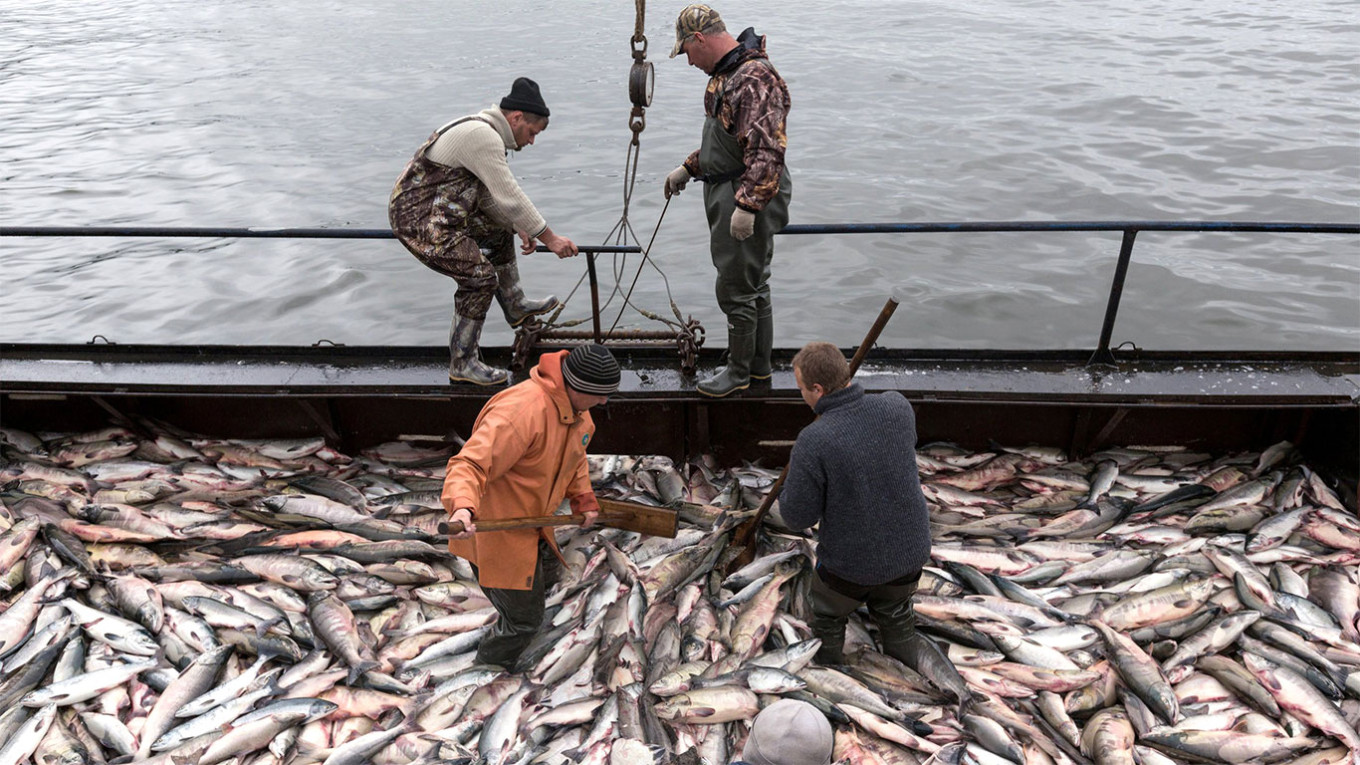The European Union is considering a ban on the import of fresh fish from Russia as part of a new package of sanctions related to the conflict in Ukraine. Official discussions on the matter are expected to begin after the summer holidays. The Baltic countries, especially Lithuania, are actively supporting this ban. Previously, Lithuania, Estonia, Latvia, and Sweden accused Russia of illegal fishing of cod, herring, and sprat in the Baltic Sea during seasonal bans, as reported by Welt.
The All-Russian Association of Fisheries Enterprises, Entrepreneurs, and Exporters (VARPE) claims that the accusations against Russia regarding fish are unfounded. According to them, the Baltic countries are trying to remove Russian fish from the market to gain a competitive advantage. According to the European Fish Processors and Traders Association (AIPCE), more than 70% of the pollock imported into the EU in 2022 came from Russia, with Germany's share reaching 85%.
Stefan Meyer, Managing Director of the Federal Association of the Fish Industry of Germany, noted that the absence of Russian pollock due to sanctions could cause serious problems, as there are currently no alternative supplies. The US, the second largest supplier of pollock to the EU, cannot make up for the deficit due to high prices for its products.
In the spring of 2022, the EU imposed a ban on the import of Russian seafood, caviar, and crustaceans, but fresh fish was not included in this list. Instead, duties of 13.7% were imposed on Russian whitefish. The European Commission also suspended the accreditation of Russian fish factories and vessels, negatively impacting import volumes. Alexey Osintsev, President of the Association of Fishing Fleet Shipowners, believes these restrictions are a political tool that harms not only Russian suppliers but also producers in the countries imposing the sanctions. At the end of May, VARPE reported a shortage of Atlantic cod in the EU, mainly due to a decline in global catches and trade restrictions with Russia. In 2023, the EU imported 284,700 tons of cod, more than half of which came from Russia.



















